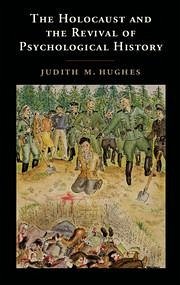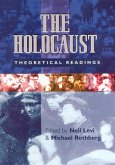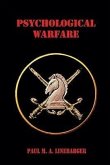Why did men and women in one of the best educated countries in the Western world set out to get rid of Jews? In this book, Judith M. Hughes focuses on how historians' efforts to grapple anew with matters of actors' meanings, intentions, and purposes have prompted a return to psychoanalytically informed ways of thinking. Hughes makes her case with fine-grained analyses of books by Hugh Trevor-Roper, Ian Kershaw, Daniel Goldhagen, Saul Friedländer, Christopher Browning, Jan Gross, Hannah Arendt and Gitta Sereny. All of the authors pose psychological questions; the more astute among them shed fresh light on the Holocaust - without making the past any less disturbing.
Hinweis: Dieser Artikel kann nur an eine deutsche Lieferadresse ausgeliefert werden.
Hinweis: Dieser Artikel kann nur an eine deutsche Lieferadresse ausgeliefert werden.








